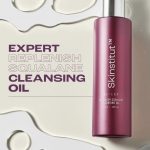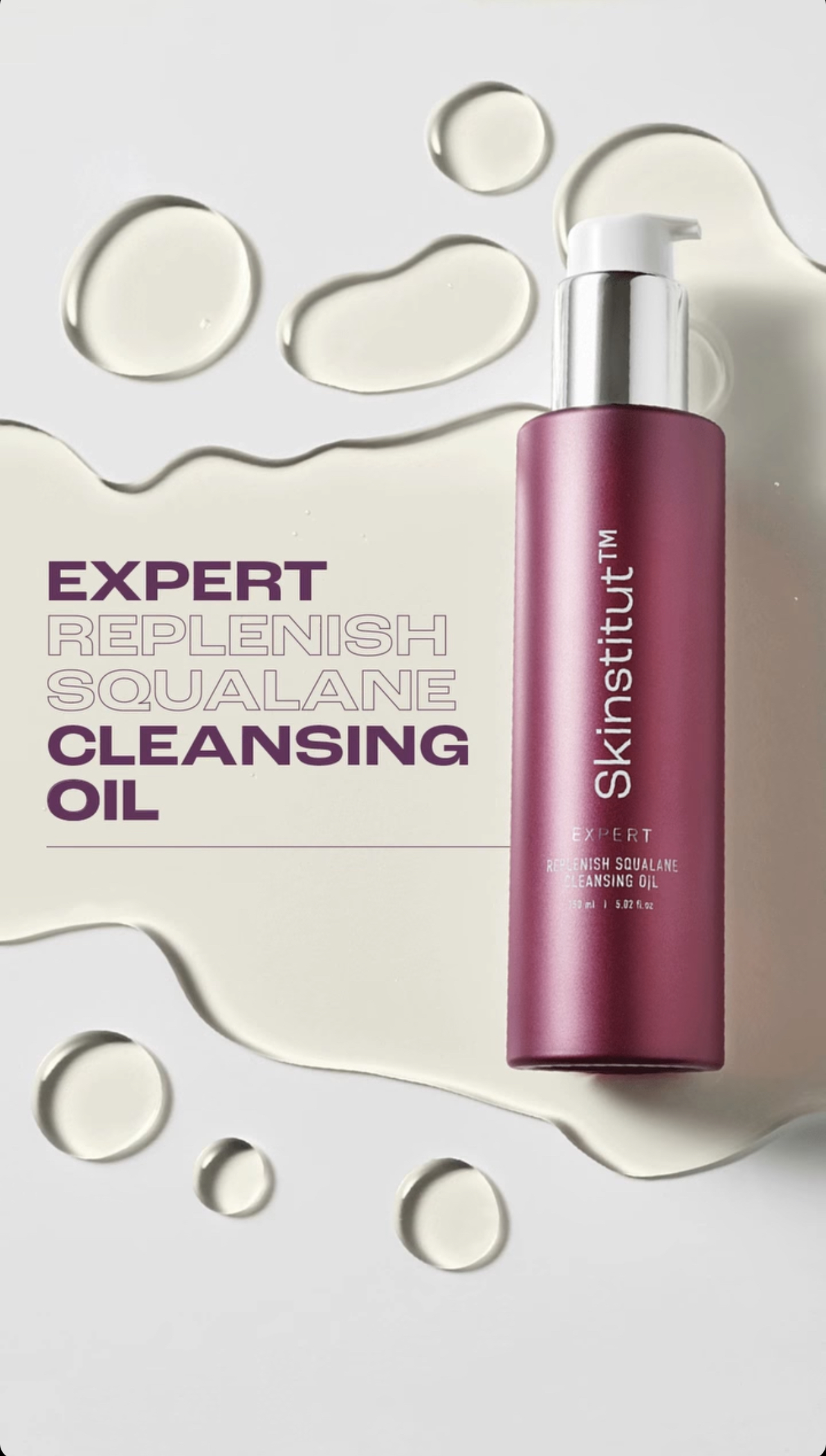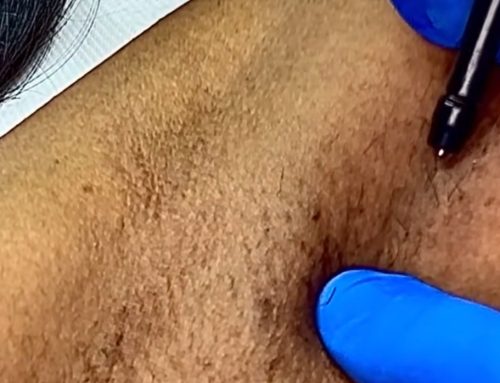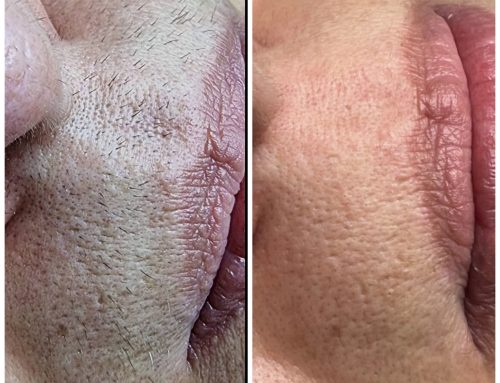We’ve always been passionate about proper cleansing – it forms the basis of healthy skin, after all – so an oil-cleansing formula is something we’ve been passionate about developing for a while. 
And, after lots of work behind the scenes, this silky skin saviour is now here. To celebrate, we’re breaking down exactly how oil cleansing works, and just what it can do for your skin.
Read on for our expert advice, plus a few clean-skin facts.
How Do Oil Cleansers Work?
There are essentially two types of cleansers at our disposal: water-based and oil-based. Water-based cleansers contain surfactants, which interact with dirt and oil so they can be easily rinsed away.
Oil cleansers, on the other hand, are paired with emulsifiers (we use Polysorbate 85) to function as lipophilic solvents, meaning they’re attracted to other oils on the skin. This is how they break down skincare, sunscreen and makeup effectively, as well as excess sebum. The oil attaches to the oil of our skin and the oily/waxes of makeup and mascara. then we add water and it is all rinsed away.
It’s worth pointing out that some cleansing oils do also contain surfactants, but it’s the oily component that does the heavy lifting. The other benefit? All that wonderful nourishment, thanks to the extra lipids that are part of the high oil content within a cleansing oil formula!
Do I Really Need To Double Cleanse?
Short answer: Most likely, yes.
Long answer: Put it this way: a single cleanse isn’t going to be enough to thoroughly remove heavy makeup, skincare and sunscreen. This can hinder the effectiveness of your remaining routine, and contribute to congestion (that’s a big ‘no’ from us).
For perfectly purified skin, double cleansing is your best bet. By starting with an oil and following up with a water-based gel, your complexion will be soft, nourished and prepped for targeted serums and moisturisers.
What Oils Should I Be Looking Out For?
Short answer: Nourishing botanical oils.
Long answer: Look for clean, plant-derived oils such as Squalane, Rosehip, Macadamia, Jojoba and Sunflower – all star players in this formula. Mineral oils and household formulas like coconut oil are known to be comedogenic (skincare speak for pore-clogging), and there’s often issues with their purity for skincare purposes. In a nutshell, it’s best to steer clear of them.
Can You Use Cleansing Oils For Oily Skin?
Short answer: Yes!
Long answer: What’s brilliant about a quality cleansing oil is that it not only removes makeup and skincare, but it will dissolve excess sebum and pollutants, too – a big plus for those with oily skin. When formulated correctly, cleansing oils also rinse clean, leaving zero oily residue and therefore not causing any pesky pimples.
Bonus: cleansing oils are also brilliant when it comes to barrier integrity, an important factor in the treatment of congestion and breakouts.
Should I Use My Cleansing Oil At Night Only?
Short answer: Not necessarily…
Long answer: So, we know cleansing oils are 10/10 when it comes to melting away the day, but the right formula can also be used in the morning for long-lasting hydration.
If you like to wear a rich moisturiser or sleeping masks overnight, a cleansing oil will also remove any excess once you wake up.
Do I Need A Cleansing Oil?
Short answer: Not if you don’t want to.
Long answer: If you’re happy double cleansing with a gel formula, no need to change it up! Extremely sensitive skin types might like to stick to our Gentle Cleanser. The same goes for those with nut allergies.
But if you do want moisture or something that’s going to break down long-wearing makeup, an oil-based option is a smart choice.
The Main Character: Expert Replenish Squalane Cleansing Oil
Silky smooth and wonderfully light, this formula is perfect for all skin types, but especially those who want to bump up nourishment levels. It’s also part of our Expert line, so has been formulated in conjunction with our medical advisory council and comes with a dermatologist’s tick of approval.
The star ingredient in Expert Replenish Squalane Cleansing Oil is Squalane (Skinstitut source theirs sustainably from olives), which works in sync with your skin’s natural moisture – chemically speaking, it has an almost-identical structure. There’s also Macadamia, Jojoba, Sunflower and Rosehip oils to gently dissolve makeup, dirt and debris, while Green Tea Oil, Kakadu Plum and Coenzyme Q10 provide antioxidant protection.
To use, massage three or four pumps of oil onto your face. It’s completely safe for the eye area (bye bye, long-wearing mascara!), and rinses off easily with warm water. Follow up with your favourite Skinstitut gel cleanser





